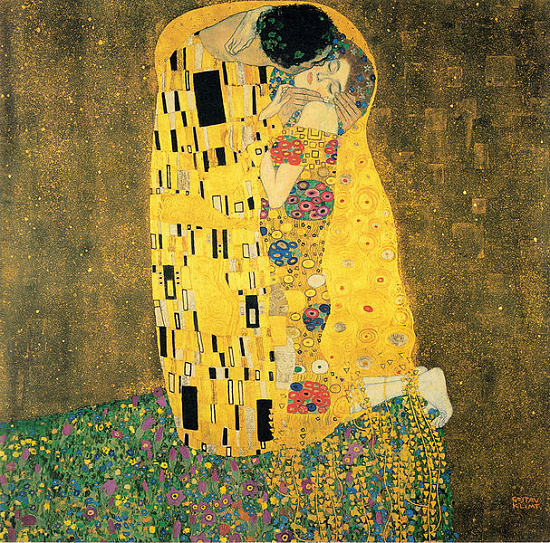|

I encountered the name of the German poet Richard Dehmel for the first time while reading Rilke’s ‘Letters to a Young Poet’. I recently came across a poem by him in an anthology and liked it.
In our village, there was a young tailor. He had a close buddy who accompanied him everywhere in his youth and the pair was viewed with suspicion by elders. The tailor got married to a charming girl who accompanied him in his work. But for many years, the couple didn’t have any offspring. Then he apparently allowed his close buddy to impregnate her. The beauty is that all the three accepted this with love and rejoiced the birth of their lad benevolently, something our villagers found hard to swallow.
Though the theme of the poem doesn’t bear direct parallels with this incident, I was rather reminded of it while reading this poem, “Transfigured Night”, as joyous acceptance and celebration of life is the theme here too.
“Transfigured Night” is about a couple walking through the woods on a moonlit night. In love, but ashamed, she reveals to him that she is pregnant with another man’s child, a man she never loved. The man responds with loving acceptance of her and the child as though it were his own. The unborn child, the man, the woman and the night itself are transfigured from darkness into light. The poem concisely represents this transformation in the first and last lines: “Two people walk through a bare, cold grove” versus “Two people walk through the lofty, bright night”. The five stanzas of the poem can be summarized as: brooding introduction in a dark natural setting, an angst-ridden confession full of unresolved longing and the woman’s plea, a brief return of the dark but moonlit natural setting, a deeply loving reply, noble and equal longing, and a final transfiguration into radiant grace and serenity.
There is a rare warmth in this poem. The world would be a sane and serene place to live in, if we echo the splendid sentiments of these lovers.
Transfigured Night
by Richard Dehmel
Two people are walking through a bare, cold wood;
the moon keeps pace with them and draws their gaze.
The moon moves along above tall oak trees,
there is no wisp of cloud to obscure the radiance
to which the black, jagged tips reach up.
A woman’s voice speaks:
“I am carrying a child, and not by you.
I am walking here with you in a state of sin.
I have offended grievously against myself.
I despaired of happiness,
and yet I still felt a grievous longing
for life’s fullness, for a mother’s joys
and duties; and so I sinned,
and so I yielded, shuddering, my sex
to the embrace of a stranger,
and even thought myself blessed.
Now life has taken its revenge,
and I have met you, met you.”
She walks on, stumbling.
She looks up; the moon keeps pace.
Her dark gaze drowns in light.
A man’s voice speaks:
“Do not let the child you have conceived
be a burden on your soul.
Look, how brightly the universe shines!
Splendour falls on everything around,
you are voyaging with me on a cold sea,
but there is the glow of an inner warmth
from you in me, from me in you.
That warmth will transfigure the stranger’s child,
and you bear it me, begot by me.
You have transfused me with splendour,
you have made a child of me.”
He puts an arm about her strong hips.
Their breath embraces in the air.
Two people walk on through the high, bright night
English translation by Mary Whittall
Painting: Gustav Klimt's "The Kiss" (Austrian Symbolist painter)
|